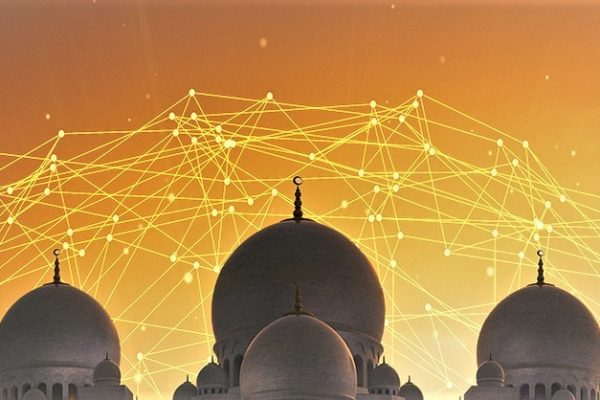
The Untold Roots of Modern Capitalism: The Profound Influence of Early Islamic Economic Innovations
Exploring the often overlooked contributions of early Islamic society to the development of modern capitalism, this article delves into the sophisticated financial practices, innovative trade systems, and economic reforms introduced by early Muslims. From the bustling markets of Mecca to the intellectual hubs of Baghdad, the influence of Islamic economic principles on the rise of capitalism is both profound and far-reaching. By integrating principles of fair trade, risk management, and social welfare, early Islamic society laid the groundwork for the financial systems that drive today’s global economy.








